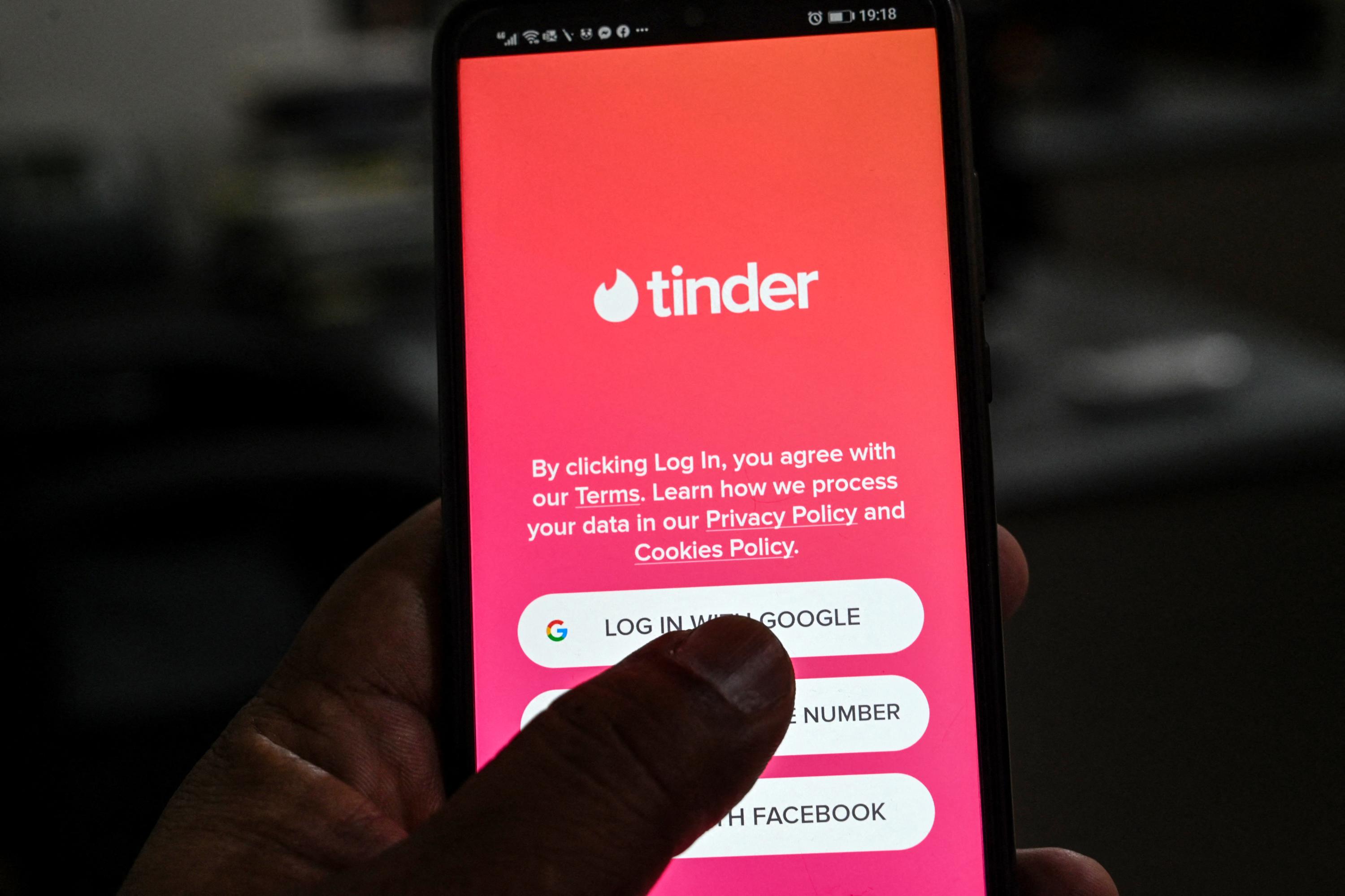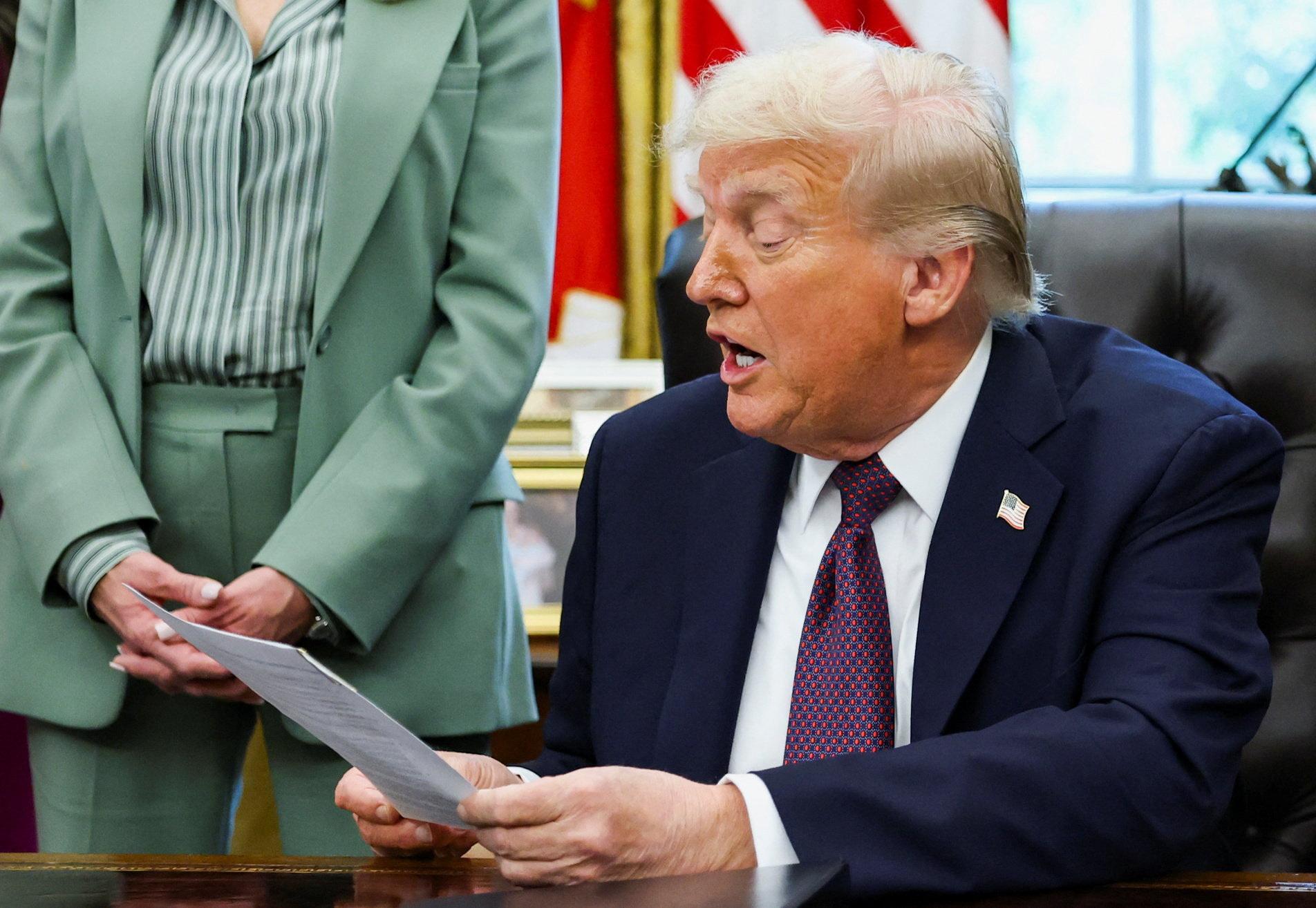An anonymous reader quotes a report from Politico: In roughly six weeks, three California Democrats, a labor head and two ride-hailing leaders managed to pull off what would have been unthinkable just one year prior: striking a deal between labor unions and their longtime foes, tech giants Uber and Lyft. California lawmakers announced the agreement in late August, paving a path for ride-hailing drivers to unionize as labor wanted, in exchange for the state drastically reducing expensive insurance coverage mandates protested by the companies. It earned rare public support from Gov. Gavin Newsom and received final approval from state lawmakers this week.
The swift speed of the negotiating underscores what was at risk: the prospect of yet another nine-figure ballot measure campaign or lengthy court battle between two deeply entrenched sides, according to interviews with five people involved in the talks. Their accounts shed new light on how the deal came together: how the talks started, who was in the room, and the lengths they went to in order to turn around such a quick proposal -- from taking video meetings while recovering from surgery to the unexpected aid of one lawmaker's newborn baby.
"This was really quite fast," said Ramona Prieto, Uber's chief policy expert in Sacramento. "It wasn't like this was months of negotiating." The landmark proposal is only the second time a state has reached such a framework for Uber and Lyft drivers, after Massachusetts did so in 2024. And unlike Massachusetts, it came together without reverting to a ballot fight. California already saw its most expensive ballot measure effort to date in 2020, when Uber and Lyft spent more than $200 million backing an initiative to bar app-based workers from being classified as traditional employees, known as Proposition 22. Its passage sparked a legal challenge from labor leaders that wasn't resolved until July 2024, when California's Supreme Court affirmed the ballot measure's constitutionality. [...]
But the compromise still faces hurdles ahead. A recent lawsuit has raised fresh scrutiny of how the deal came together and what truly motivated it. Further criticism from those left out of the negotiating room is putting dealmakers on the defense as they try to sell it more widely. Plus, the final deal isn't what some labor leaders hoped when they first set out to strengthen drivers' rights in 2019. [...] And while the deal allows gig workers to unionize, that doesn't guarantee the necessary 10 percent of the state's 800,000 ride-hailing drivers actually will. Many who drive for Uber and Lyft do so part-time, and labor leaders acknowledge the challenge of organizing a disparate population that doesn't have a space to meet one another.


Read more of this story at Slashdot.








